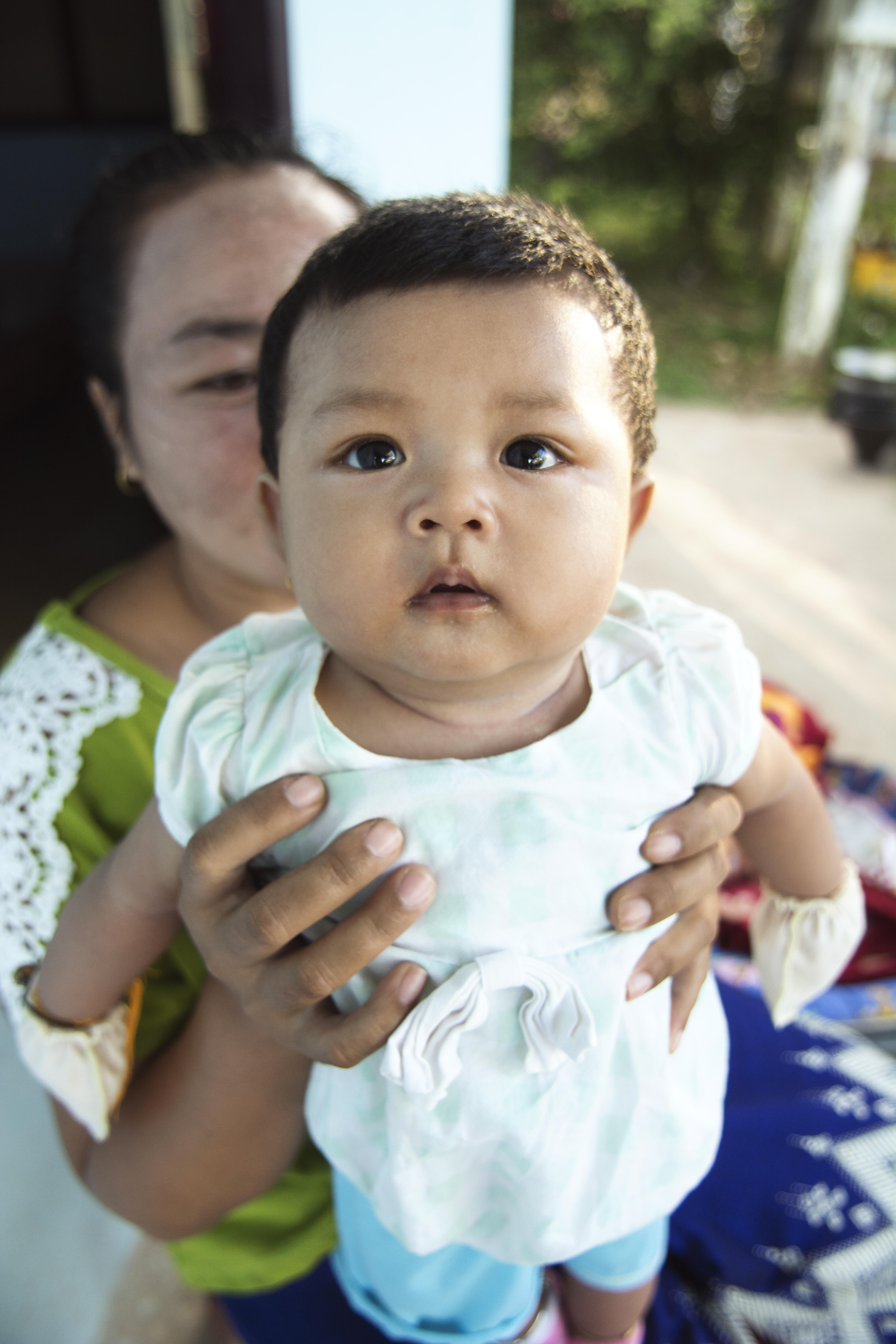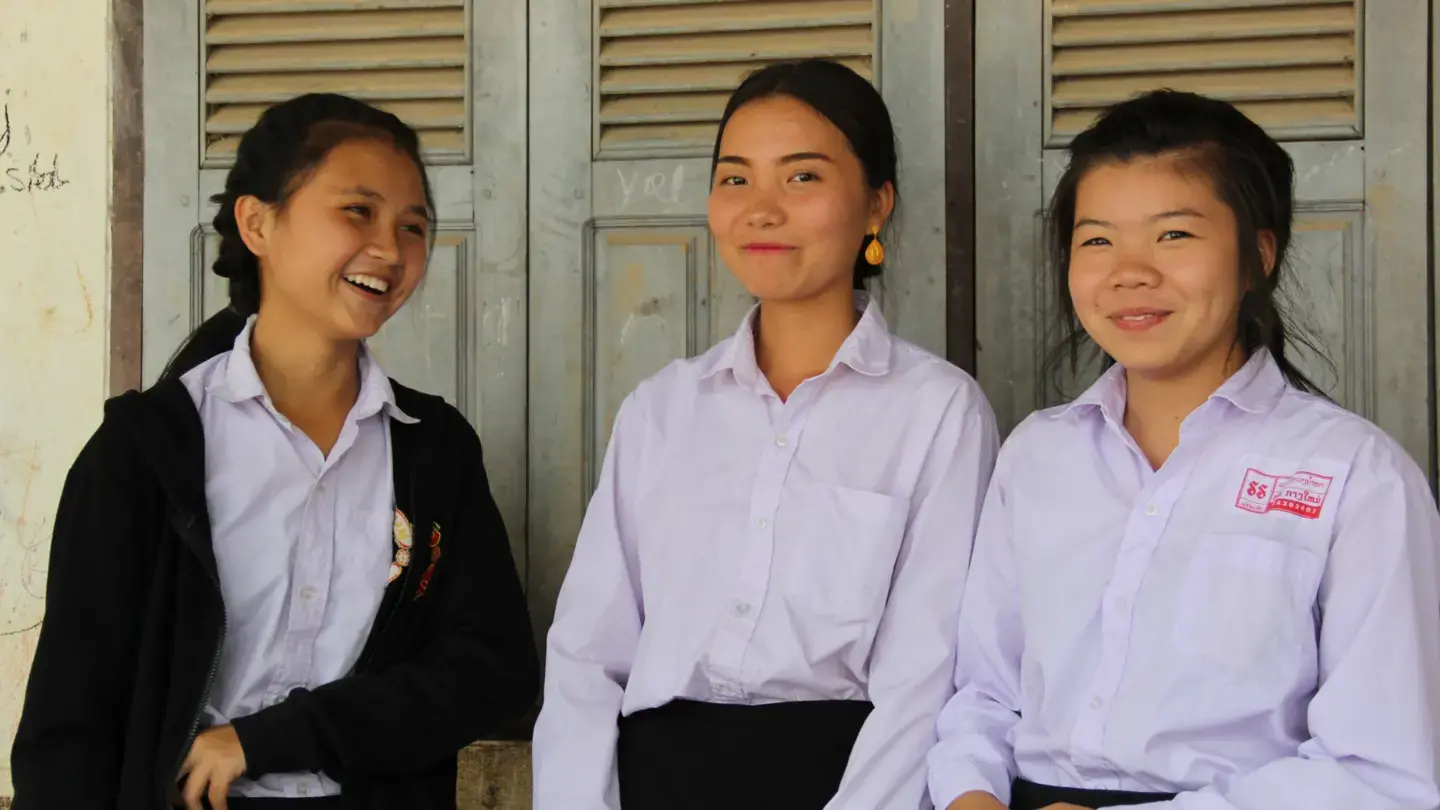A LANDMARK EVENT, A BLUEPRINT FOR THE FUTURE: THE FIRST NATIONAL FAMILY PLANNING CONFERENCE IN LAO PEOPLE’S DEMOCRATIC REPUBLIC
Vientiane, May 3, 2017 – A landmark event is taking place in the Lao People’s Democratic Republic this week, as the government holds the country’s first-ever national family planning conference, with the support of the United Nations Population Fund, UNFPA.
The conference theme of “Investing in Family Planning for Economic Prosperity” underscores the importance of family planning in fulfilling the 2030 Sustainable Development Agenda and its Sustainable Development Goals, with their pledge to leave no one behind.
“Investing in family planning contributes to the long-term prosperity of our country under the umbrella of the 2030 Agenda,” said Dr Sonexay Siphandone, the Deputy Prime Minister of Lao PDR. “It can help us achieve the aims put forth in our Eighth National Social-Economic Development Plan, a comprehensive blueprint for our future.”
Globally, family planning has contributed significantly to preventing maternal and child morbidity and mortality. Reducing maternal mortality was a priority under the Millennium Development Goals and remains a priority under the Sustainable Development Goals (SDG), with SDG 3 specifically aspiring to ensure healthy lives and promote well-being for all, at all ages.
“Quite simply, family planning provides choice to individuals and families, helping us work towards a future where every pregnancy is wanted and every childbirth is safe,” explained Minister and Associate Professor Dr. Bounkong Syhavong, Lao PDR Ministry of Health.
“We have seen Laos’ maternal mortality ratio drop from 357 per 100,000 live births in 2012 to 206 per 100,000 live births in 2015, surpassing the MDG target we had set. We have come a long way, although we still have some miles to go to reach the target of 180 per 100,000 live births, in order to graduate from Least Developed Country status in 2020. We couldn’t have done this without family planning along with strengthened midwifery services.”
Still, there are challenges. In Lao PDR, unmet need for family planning remains high at 20 per cent, and even higher – as much as 31 per cent – in some ethnic groups. The adolescent birth rate is 76 live births per 1,000 girls in the 15-19 age group. Adolescent contraceptive use is low at 22.3 per cent, and unmet need for contraception is 22.6 per cent.
Greater access to family planning will reduce the number of adolescent pregnancies, allowing young women to attain and maintain good physical health, remain in school to strengthen the foundation for their future, and eventually decide for themselves if and when to have children, and how many.
“Family planning truly empowers women, contributing to gender equality, increasing women’s autonomy within their households and improving their earning power as well,” noted Dr. Kikeo Chanthaboury, Vice Minister, Ministry of Planning and Investment. “Moreover, increasing our government’s investment in family planning commodities, including contraception, in Laos will be cost-effective on so many fronts. Spending $1 on contraceptives can reduce the cost of pregnancy-related care by $7, and eventually help save millions of dollars in direct healthcare costs averted.”
Along with UNFPA, significant support is being provided to Lao PDR’s family planning programme by FP2020, the global initiative funded by a range of donor governments and institutions, and hosted by the United Nations Foundation.
Under FP2020, Lao PDR has made policy and political commitments, including the revision of the country’s Reproductive Health Policy to promote an enabling environment for family planning and develop a national information, education and communication (IEC) and behaviour change communication (BCC) strategy on family planning.
The government has also made programme and service delivery commitments, including the scaling up of family planning services to health centre and village levels to increase the access to reproductive health and information for adolescents.
These and several other measures aim to significantly boost key indicators, including reducing unmet need for contraception to 13 per cent by 2020 and increasing the contraceptive prevalence rate (CPR) - the percentage of women who are currently using, or whose partner is currently using, at least one method of contraception - from 42 per cent to 65 per cent by 2020.
“Ultimately, family planning must be seen in the wider context of sexual and reproductive health and rights, not only in Lao PDR but globally,” said Frederika Meijer, UNFPA Representative in Lao PDR.
In 1994, UNFPA Member States agreed to the Programme of Action of the International Conference on Population and Development, which recognized ‘the right of men and women to be informed and to have access to safe, effective, affordable and acceptable methods of family planning of their choice.’
“Today, in the era of the SDGs, the ICPD is more relevant than ever, and Lao PDR is demonstrating its commitment to these principles through far-reaching policy,” said Meijer. “We offer our support to the Government and the people of this fast-developing country in their crucial efforts now and in the future.”
For more information, please contact:
Center of Information Education for Health, Lao PDR Ministry of Health:
Mr. Visith Khamlusa – Deputy Director
Tel: +856 21 316 274
Fax: +856 21 316 273
Email: vkhamlusa@yahoo.com
UNFPA Lao PDR:
Ms. Kay amphone Singhalath – Communications Associate
Tel: +856 21 267 680
Fax: +856 21 267 799
Email: singhalath@unfpa.org
Resources:
For the Lao PDR Eighth National Social-Economic Development Plan, please visit http://bit.ly/2fyECCd
For more on UNFPA’s work in Lao PDR, please visit http://lao.unfpa.org
For more on the FP2020 initiative, please visit http://www.familyplanning2020.org/





